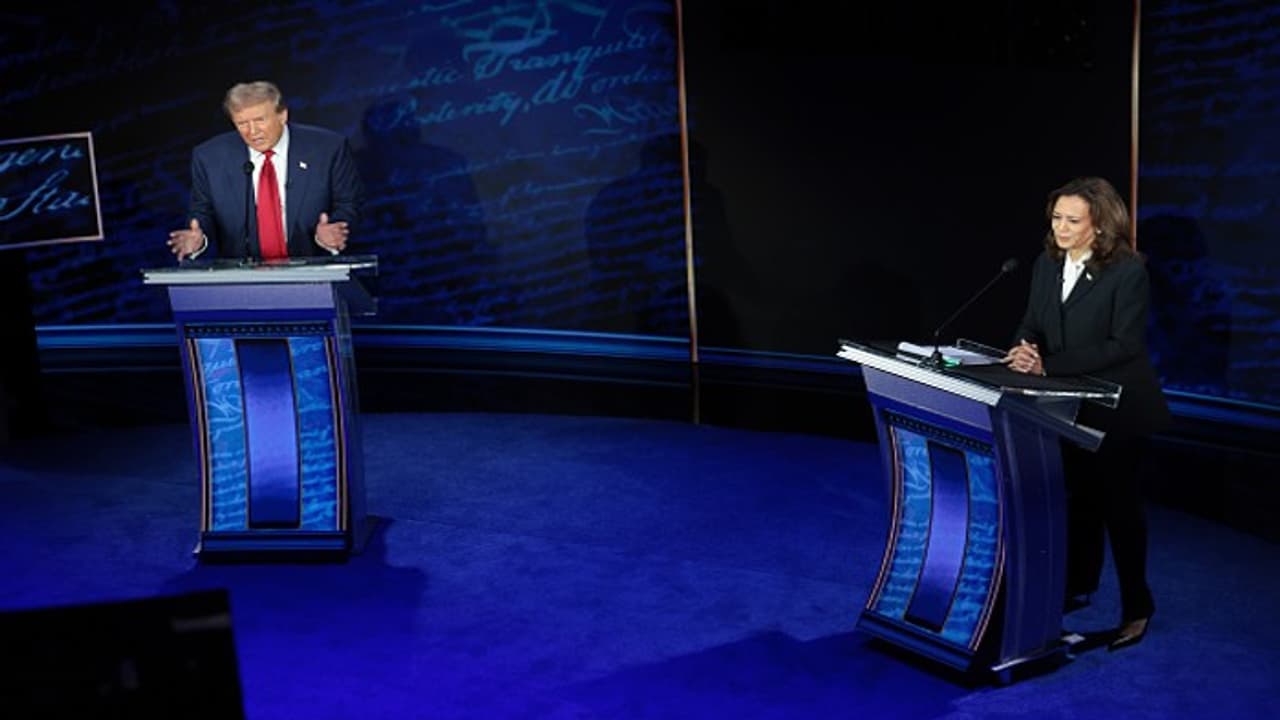Can monkeys predict the outcome of US elections simply by looking at the candidates' photos? The premise, which might seem absurd at first glance, yielded surprising results.
In a groundbreaking and somewhat controversial study, researchers set out to explore an unconventional hypothesis: Can monkeys predict the outcome of US elections simply by looking at the candidates' photos? The premise, which might seem absurd at first glance, yielded surprising results.

The team, led by neuroscientists from the University of Pennsylvania, tracked the eye movements of macaques while showing them photos from hundreds of US Senate and gubernatorial races. Remarkably, the monkeys stared longer at the faces of losing candidates most of the time.
“They're detecting something purely based on the picture,” said co-author Yaoguang Jiang, a neuroscientist at the University of Pennsylvania.
Jiang and his colleagues have been studying facial preferences in monkeys for years. In previous experiments, they discovered that macaques would only briefly glance at images of high-status males, but would stare longer at photos of low-status males or females—an act that, among monkeys, is often associated with aggression.
The researchers wondered if the same behavior would apply to human faces, particularly in the context of US political candidates.
In the most recent study, which was published as a pre-print on bioRxiv, the team tested this theory by showing three adult male macaques pairs of candidate photos from US elections. The goal? To see whether the primates’ gaze patterns could predict election outcomes.
Their findings were striking. When shown nearly 300 photos from Senate and gubernatorial races between 1995 and 2008, the monkeys fixed their gaze on the losing candidate 54% of the time. In swing state elections, the number jumped to 58%.
For presidential elections, however, the results were less predictive. From the 2000 to 2020 races, the monkeys chose the loser only 50% of the time, a success rate no better than flipping a coin. This year’s presidential candidates also stumped the primates. “It was a toss-up,” co-author Michael Platt told Science.
Yet, the monkeys seemed to make an unexpected call: They predicted that Senator J.D. Vance, Donald Trump’s running mate, would lose in a face-off against Tim Walz, Kamala Harris’s running mate.
The study suggests that candidates' faces may convey subtle signals that influence voters—whether they realize it or not. Platt theorizes that facial structure, like the size and shape of a person’s jaw, may be linked to perceptions of social dominance. Monkeys, he believes, may instinctively pick up on these cues.
On average, the researchers found that winning candidates had 2% more prominent jawlines than their losing counterparts. While this difference may seem negligible, it was enough to catch the monkeys’ attention.
However, some prominent election forecasters remain skeptical of the study’s implications. Allen Lichtman, a historian known for his nearly flawless presidential election predictions, questioned the method. "How many elections in advance, where the outcome is unknown... has the method predicted?" he asked. "If the answer is none, I'm done. I have no further interest."
Political scientist Gary King also expressed doubts, noting that while the findings are "sort of interesting," he doesn't believe the monkey method would outperform existing models that factor in key variables like voter income, ideology, and past voting patterns.
Still, Platt stands by the study's broader implications. "When it comes to voting—and pretty much all of our other behaviors—there’s a little monkey in all of us," he said.
Though it may not be time to retire traditional election forecasting just yet, the study raises intriguing questions about the subtle, and perhaps subconscious, factors that drive voter behavior.
